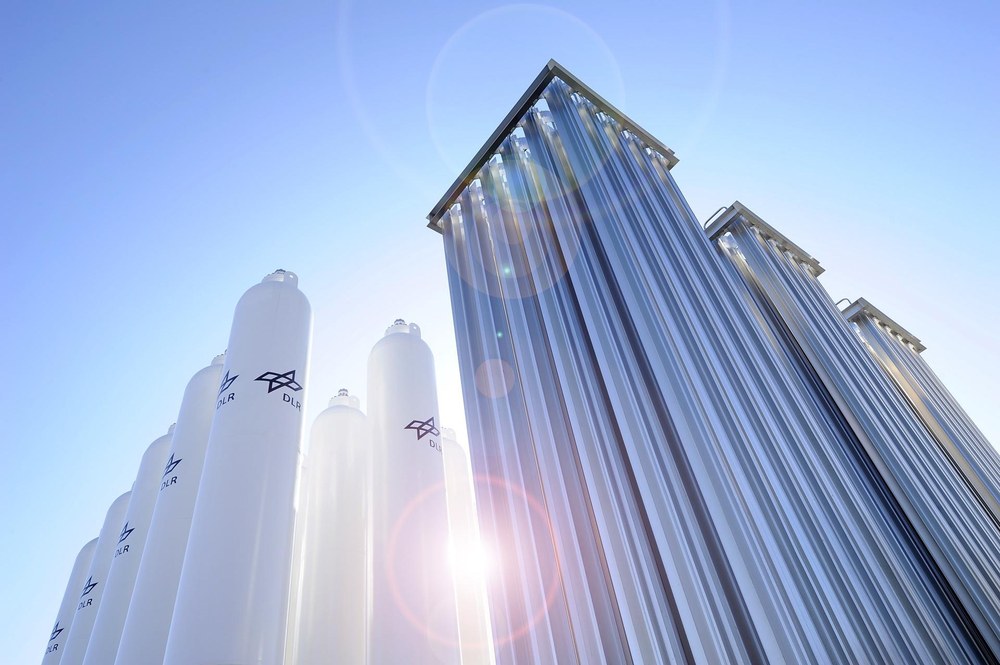Optimisation of Energy Converters

Energy conversion systems are of great importance in the decarbonisation of shipping. Energy converters include the electrification of marine energy systems using alternative energy storage, energy converters, plug-in and power transfer technologies. Due to their flexibility and adaptability, combustion engines are an established technology of great importance for renewable fuels. In addition, combustion engines can be used as part of a hybrid system that also includes fuel cells.
The integration of new energy converters requires careful system optimisation to ensure their performance and reliability in maritime environments. Load profiling and system optimisation of energy converters on ships are crucial for increasing efficiency and reducing emissions. New types of fuel cells work with hydrogen, natural gas, methanol or synthetic fuels. This means that existing energy systems can also be gradually converted. Promising energy converters for maritime use are PEMFCs (polymer electrolyte fuel cells) and SOFCs (solid oxide fuel cells), as they enable very efficient energy conversion.
In order to meet the specific requirements of ships and their application profiles, different types of fuel must be utilised as efficiently as possible. This requires fuel flexibility to ensure the safety, reliability and cost-effectiveness of the energy converter when using different types of fuel. The efficient utilisation and integration of waste heat into the overall system makes a significant contribution to increasing energy efficiency, for example through combined heat and power generation. The requirements profile of an energy converter in terms of storage, utilisation and system integration is demanding, resulting in a need for development.
